173
Why all astronauts sleep soundly and how they are taught to sleep at NASA
We all know that sleepy It's 7-9 hours. And almost everyone is sure that he has no problems with the duration of the night rest. But at the same time, the quality of sleep of modern man is at a frighteningly low level.
Today's edition. "Site" He suggests talking about how to cope with the problem of lack of sleep and return healthy sleep. This is necessary to feel cheerful during each working day. After all, it is not so difficult to do, and the result is worth it.
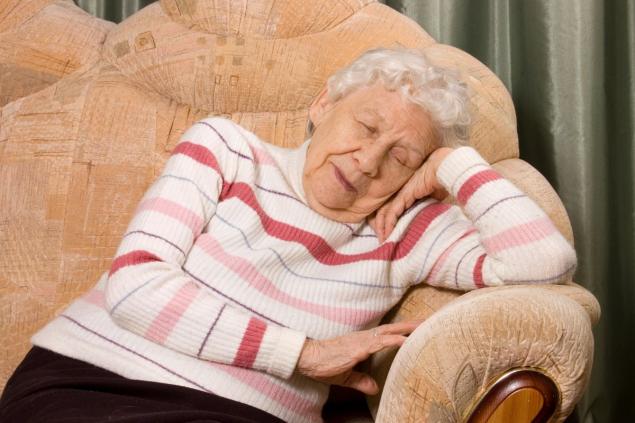
To learn more about the problems of sleep, we offer to get acquainted with the schedule of astronauts. These people are forced to regularly overcome sleep-related problems. All because they are cut off from external signals, which are used to navigate the person to recognize the time of day.
For example, on board the ISS you can observe 16 sunrises and 16 sunsets per day. Because of this, the cyclical intensity of biological processes associated with the change of day and night is simply lost in the body.
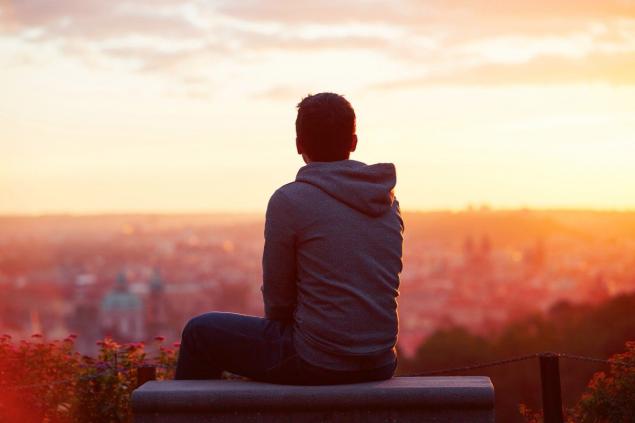
It will not be superfluous to remember that the astronaut has to sleep, in fact, in a metal box, which hovers somewhere far away in the cold and not fully known darkness of space. In addition, it happens away from home and loved ones, away from normal life.
All of the above does not contribute to a good sleep, and therefore is not surprising when sometimes an astronaut finds that due to lack of sleep, he was photographing not his home planet, but, for example, the ceiling of a ship.

Cosmonaut Valentin Lebedev admitted that, having missed a couple of hours, took about fifty photos of the Earth through a closed window before he suspected something was wrong.
Not surprisingly, NASA worked hard to understand the problem of sleep deprivation and find a solution. As a result, it was found that without clear external signals, the body loses the ability to set the right time for sleep.
Having protected himself from environmental signals (the presence of sunlight in the daytime and its absence at night), a person gradually begins to lie down later and later. Instead of rest, more and more of the night goes to wakefulness. Natural activity cycle It's shifting a lot. That's bad.
Abundance of light and extraneous sounds worsen the quality of sleep. The next day, the person may not feel that their activity has decreased. Light and sound at night may not lead to awakening, but they also make it impossible to rest properly.
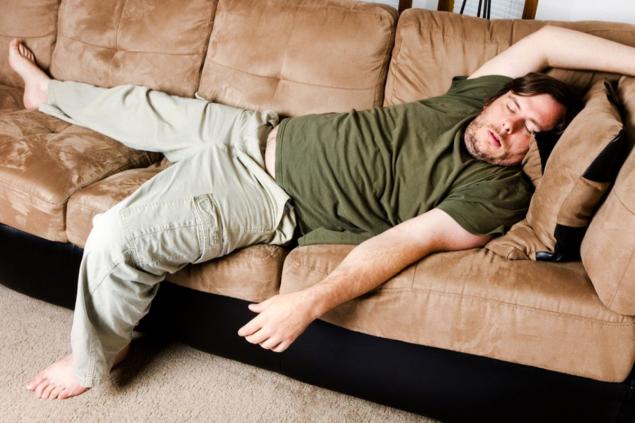
We are not just comparing the regime of astronauts and ordinary people. After all, in our time, artificial signals affect us as much as frequent sunrises and sunsets affect the astronaut. Artificial lighting from lamps and monitors can disorient any organism.
Air conditioners and heaters regulate the temperature, and the body no longer perceives daytime warming and nighttime temperature drops.
The usual daytime communication with people is replaced by night watching TV series or listening to music. And if you add cigarettes, coffee, various drugs with side effects, the body will be completely disoriented.
And although a person can lose sleep day after day, he hardly feels that there is anything wrong with him. But in the course of studies, for example, it was found that people who sleep only 6 hours a day for 2 weeks are in a state comparable to alcoholic intoxication.
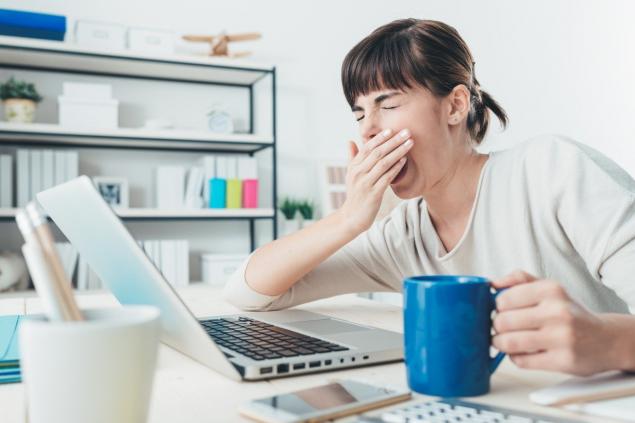
What do we do with sleep? If the recommendations of NASA, which they developed for astronauts, to adapt to ordinary people, it turns out only 3 points. These recommendations are not difficult to follow.
As for the alarm clock, it is better if it is used exclusively in the evening. Yes, you need to set the alarm so that it works exactly one hour before going to bed. Then you definitely will not forget to complete all the tasks in time, turn off the gadgets, relax and fully relax at night.
Today's edition. "Site" He suggests talking about how to cope with the problem of lack of sleep and return healthy sleep. This is necessary to feel cheerful during each working day. After all, it is not so difficult to do, and the result is worth it.

To learn more about the problems of sleep, we offer to get acquainted with the schedule of astronauts. These people are forced to regularly overcome sleep-related problems. All because they are cut off from external signals, which are used to navigate the person to recognize the time of day.
For example, on board the ISS you can observe 16 sunrises and 16 sunsets per day. Because of this, the cyclical intensity of biological processes associated with the change of day and night is simply lost in the body.

It will not be superfluous to remember that the astronaut has to sleep, in fact, in a metal box, which hovers somewhere far away in the cold and not fully known darkness of space. In addition, it happens away from home and loved ones, away from normal life.
All of the above does not contribute to a good sleep, and therefore is not surprising when sometimes an astronaut finds that due to lack of sleep, he was photographing not his home planet, but, for example, the ceiling of a ship.

Cosmonaut Valentin Lebedev admitted that, having missed a couple of hours, took about fifty photos of the Earth through a closed window before he suspected something was wrong.
Not surprisingly, NASA worked hard to understand the problem of sleep deprivation and find a solution. As a result, it was found that without clear external signals, the body loses the ability to set the right time for sleep.
Having protected himself from environmental signals (the presence of sunlight in the daytime and its absence at night), a person gradually begins to lie down later and later. Instead of rest, more and more of the night goes to wakefulness. Natural activity cycle It's shifting a lot. That's bad.
Abundance of light and extraneous sounds worsen the quality of sleep. The next day, the person may not feel that their activity has decreased. Light and sound at night may not lead to awakening, but they also make it impossible to rest properly.

We are not just comparing the regime of astronauts and ordinary people. After all, in our time, artificial signals affect us as much as frequent sunrises and sunsets affect the astronaut. Artificial lighting from lamps and monitors can disorient any organism.
Air conditioners and heaters regulate the temperature, and the body no longer perceives daytime warming and nighttime temperature drops.
The usual daytime communication with people is replaced by night watching TV series or listening to music. And if you add cigarettes, coffee, various drugs with side effects, the body will be completely disoriented.
And although a person can lose sleep day after day, he hardly feels that there is anything wrong with him. But in the course of studies, for example, it was found that people who sleep only 6 hours a day for 2 weeks are in a state comparable to alcoholic intoxication.

What do we do with sleep? If the recommendations of NASA, which they developed for astronauts, to adapt to ordinary people, it turns out only 3 points. These recommendations are not difficult to follow.
- Every day sleep schedule. So that the daily rhythm does not get lost, you need to go to bed at the same time every day. Even on weekends. Otherwise, the phase of sleep will begin to be delayed again, the person will be awake at midnight and the next morning will be broken, exhausted and not ready for big things.
- Relax an hour before bedtime. Of course, there are enough things to do in the evening. But are you more important than an astronaut? But this rule conquerors of space strictly follow, although they could also work an extra hour.
- Observe the distinction between night and day. It's great if you're not disturbed by outside noises at night and there's darkness in the room. It is good if the electrical appliances are turned off at night. It is great if the sun’s rays enter the room in the morning. This will help the body to correctly navigate the time of day.
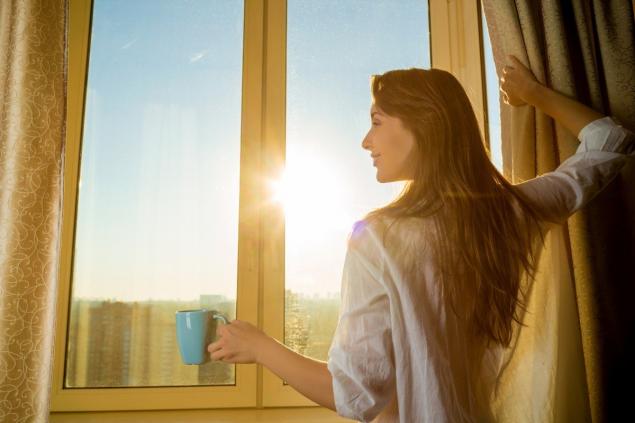
As for the alarm clock, it is better if it is used exclusively in the evening. Yes, you need to set the alarm so that it works exactly one hour before going to bed. Then you definitely will not forget to complete all the tasks in time, turn off the gadgets, relax and fully relax at night.
Screaming disadvantages of courier delivery to the house
Destructive Relationship Scenarios from Soviet Love Films
























